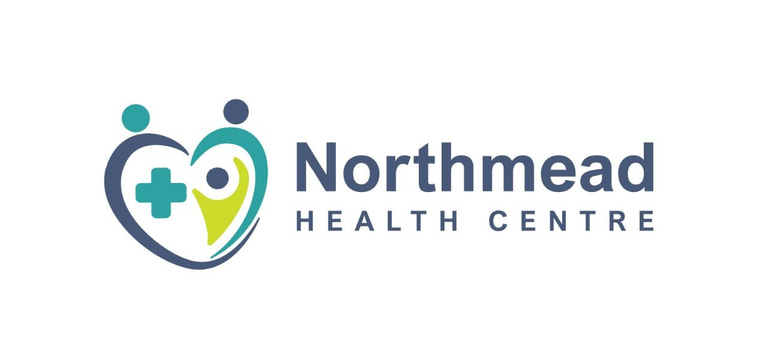The Power of Prevention
Our blood is a complex fluid that carries a wealth of information about our body's inner workings.
1/13/20252 min read


We've all heard the saying, "Prevention is better than cure." But how can we truly put that into practice when it comes to our health? One powerful tool is often overlooked: the humble blood test. While many associate blood tests with diagnosing existing illnesses, they can also play a crucial role in identifying potential health risks before symptoms even appear.
Unlocking Hidden Clues: What Blood Tests Can Reveal
Our blood is a complex fluid that carries a wealth of information about our body's inner workings. By analyzing a blood sample, healthcare professionals can assess a wide range of factors, including:
Cholesterol levels: High cholesterol is a major risk factor for heart disease, often showing no symptoms until a serious event occurs. A simple blood test can measure your cholesterol levels and help you take preventive measures.
Blood sugar levels: This test screens for diabetes and pre-diabetes, allowing for early intervention and lifestyle changes to prevent or delay the onset of full-blown diabetes.
Liver and kidney function: These vital organs play crucial roles in detoxification and waste removal. Blood tests can detect early signs of dysfunction, enabling timely treatment.
Inflammatory markers: Chronic inflammation is linked to various health problems, including heart disease, arthritis, and even some cancers. Blood tests can identify elevated inflammatory markers, prompting further investigation and lifestyle adjustments.
Nutrient levels: Deficiencies in essential vitamins and minerals can lead to a range of health issues. Blood tests can pinpoint these deficiencies, allowing for targeted supplementation and dietary changes.
The Benefits of Early Detection
Identifying potential health risks early offers several advantages:
Timely intervention: Early detection allows for timely lifestyle changes, medication, or other interventions to prevent or delay the progression of disease.
Improved treatment outcomes: When diseases are caught in their early stages, treatment is often more effective and less invasive.
Reduced healthcare costs: Preventing disease is often less expensive than treating it in its later stages.
Peace of mind: Knowing your health risks can empower you to make informed decisions about your health and well-being.
Who Should Consider Preventative Blood Testing?
While specific recommendations may vary based on individual risk factors and family history, preventative blood testing can be beneficial for:
Adults of all ages: Regular check-ups, including blood tests, are recommended for all adults to monitor overall health and identify potential risks.
Individuals with a family history of chronic disease: If you have a family history of heart disease, diabetes, or other conditions, early screening is especially important.
People with certain lifestyle factors: Those who smoke, are overweight or obese, or have unhealthy dietary habits may benefit from more frequent testing.
Empowering Yourself Through Knowledge
Blood tests are a valuable tool in the quest for proactive health management. By providing insights into our body's inner workings, they empower us to take control of our health and make informed decisions. Talk to your healthcare provider about which blood tests are right for you and how they can help you stay ahead of potential health issues.

